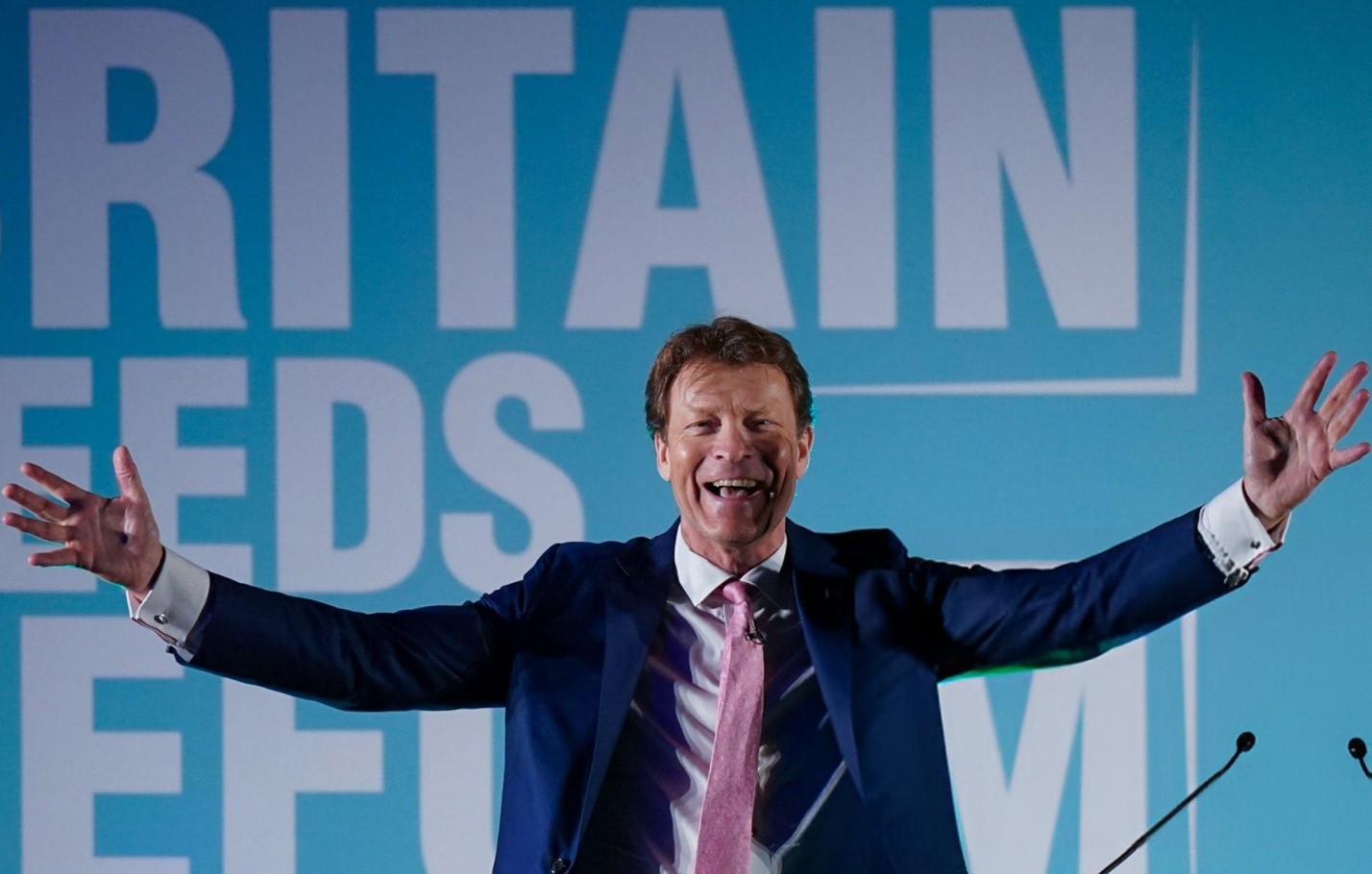Reform UK deputy leader Richard Tice has called for a “national debate” on banning the burka following the abrupt resignation of the party’s chairman, Zia Yusuf, who stepped down after criticising remarks made by the party’s newly elected MP.
Mr Yusuf resigned on Thursday, just a day after branding the suggestion to ban the burka as “dumb”, a comment directed at remarks made by one of Reform’s latest parliamentary additions. His departure has sparked fresh tensions within the party and raised questions about its stance on religious and cultural issues.
Speaking at the count for the Hamilton, Larkhall and Stonehouse Holyrood by-election on Thursday evening, Mr Tice attempted to downplay the controversy and insisted open debate was essential.
“Let’s have a discussion about these things, all these important issues, as opposed to not discussing anything, smearing and labelling,” Mr Tice told reporters amid chaotic media scenes. When pressed directly on whether he supports a burka ban, he declined to give a definitive position, instead repeating that “there should be a national debate.”
The remarks follow internal tensions within Reform UK over the party’s direction and tone. Mr Yusuf’s resignation letter painted a picture of deep disillusionment despite his considerable achievements within the party. “Eleven months ago I became chairman of Reform. I’ve worked full time as a volunteer to take the party from 14 to 30%, quadrupled its membership and delivered historic electoral results,” he wrote. “I no longer believe working to get a Reform government elected is a good use of my time, and hereby resign the office.”
The resignation has fuelled speculation over deeper divisions within the party, particularly on matters of race, religion, and identity. Asked whether Mr Yusuf’s exit implied Reform had a racism problem, Mr Tice rejected the suggestion outright. “With the greatest of respect, that’s nonsense,” he said.
Mr Tice also denied the party was in disarray, despite recent headlines suggesting infighting and public disagreements were taking a toll. “As Nigel’s said, as I’ve said, we’re very sad that Zia has resigned,” he remarked. “He’s worked incredibly hard, he’s been instrumental in driving the party forward.”
Tice went on to describe Mr Yusuf as a key figure in Reform’s electoral progress. “One of the reasons that this result could be really close – who knows which way it will go – is because of the success of what Zia has achieved.”
Despite the flattering words, the departure of one of Reform’s most prominent Muslim members may leave a lasting mark, particularly among voters concerned about the party’s stance on inclusivity. Critics have long accused Reform UK, led by Nigel Farage, of fuelling division, particularly over issues like immigration and multiculturalism.
The timing of the resignation – during a high-stakes Scottish by-election campaign – has also added to the perception that the party is struggling to present a united front. Reform UK finished third in the Hamilton, Larkhall and Stonehouse by-election behind Labour and the SNP, but still secured a significant share of the vote.
Mr Tice reiterated his belief in open conversation on controversial topics. “If we believe in free speech, if we believe in democracy, then we must be willing to discuss even the hard issues. We can’t allow ourselves to be shut down by political correctness or hysteria,” he said.
As the fallout from Mr Yusuf’s resignation continues, Reform UK finds itself grappling with questions not just of policy, but of identity and cohesion. Whether a “national debate” on the burka will help or hinder its ambitions remains to be seen.






